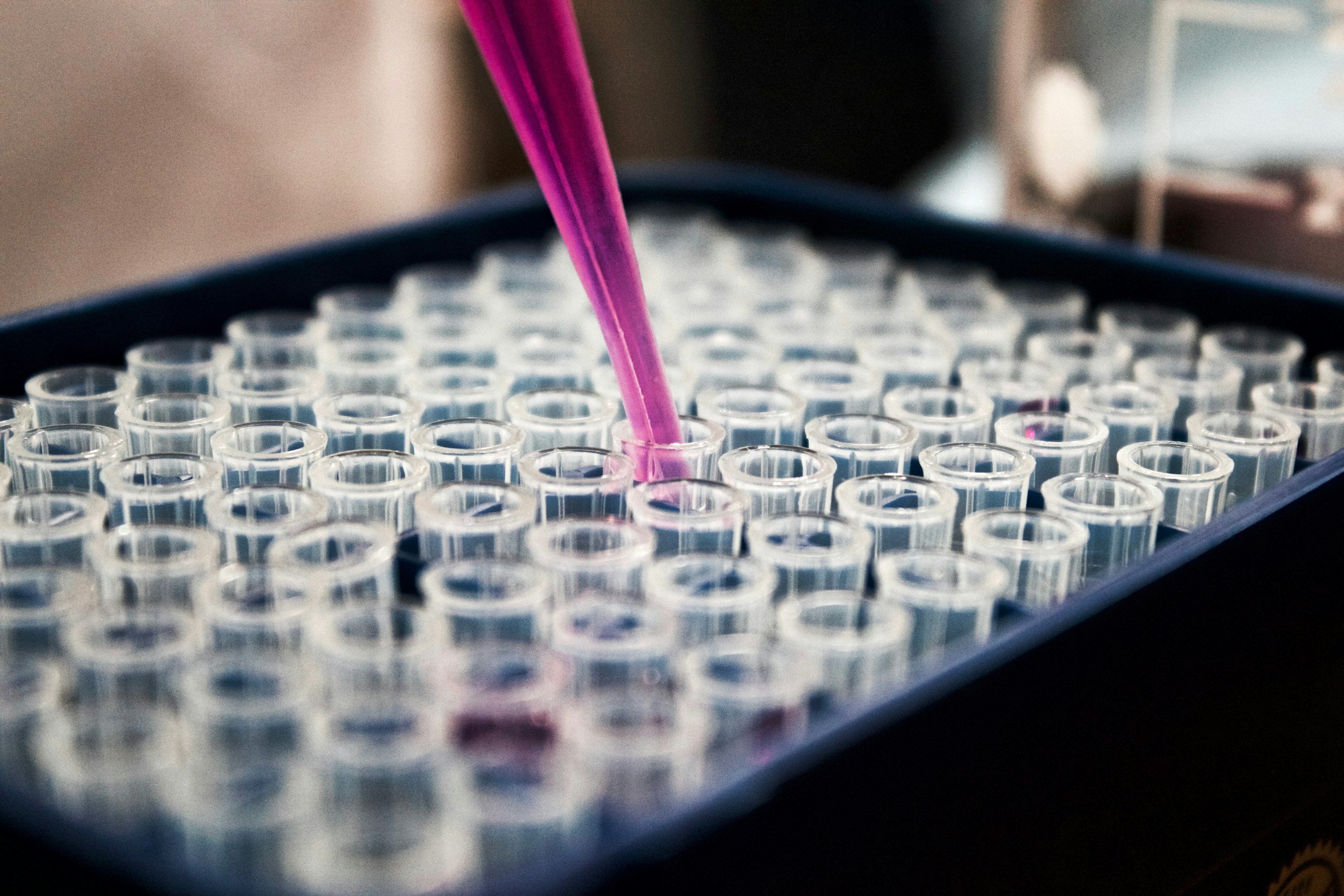Who we are
We aim to develop better viral vaccines and immunotherapies for viral infections, especially HIV-1 and coronaviruses. We do mostly basic science.
Developing Better Vaccines and Immunotherapies
Vaccines have improved health and life expectancy worldwide, but there are still viruses without effective vaccines such as HIV-1. SARS-CoV-2 vaccines prevent severe disease, but they do not always prevent infection. This underscores a critical need to develop better vaccines for current and future viral pandemics. The goal of the Peñaloza lab is to develop more effective vaccines and treatments for viral infection. With this goal in mind, we first demonstrated that experimental vaccines designed to selectively activate CD4 T cells can lead to lethal inflammation after viral infection, highlighting factors that dictate vaccine safety (Penaloza, Science, 2015) (Bhattacharyya, Immunology, 2017).
The Peñaloza lab has also shown that activation of TLR4 by products of the microbiome improves immunotherapy for chronic viral infection (Wang, PLOS Pathogens, 2018), and that transient IFN-I blockade improves vaccines against HIV-1 and other viruses (Palacio, JEM, 2020), demonstrating critical effects of innate immunity on virus-specific T cells and B cells. We have also examined how vaccine dosing affects vaccine immunity to HIV-1 and coronavirus vaccines (Sanchez, Science Immunology, 2021).
Recently, the lab demonstrated that coronavirus vaccines do not need to be antigenically matched to confer protection. The lab showed that a SARS-CoV-1 vaccine developed 20 years ago can also protect against SARS-CoV-2 (Dangi, JCI, 2021). We also observed that SARS-CoV-2 vaccines elicit cross-reactive antibody responses in humans (specific for the original SARS-CoV-1 and common cold coronavirus). These data provided an important proof-of-concept that may be useful to improve vaccine preparedness for future coronavirus pandemics - e.g. one can consider stockpiling vaccines based on known coronavirus sequences and deploying them against genetically-related coronaviruses that could enter the population in the future.
The lab has also identified relevant antigens for vaccines and immunotherapies. Current SARS-CoV-2 vaccines and antibody therapies are based on the spike antigen alone, and although they can prevent severe disease, they do not always prevent breakthrough infection. We demonstrated the improved efficacy of SARS-CoV-2 vaccines and antibody therapies targeting also the nucleocapsid antigen (Dangi, Cell Reports, 2021) (Dangi, JCI, 2022), and more recently our studies pinpointed novel strategies to improve SARS-CoV-2 and HIV vaccines by reducing the priming dose (Sanchez, Science Immunology, 2021) and by modulating pre-existing antibody responses during booster vaccination (Dangi, Cell Reports, 2023).
The overarching theme in the Peñaloza lab is to improve vaccines and immunotherapies with a focus on HIV-1 and coronaviruses, but recently our efforts have been extended to cancer immunology. We discovered that an attenuated strain of lymphocytic choriomeningitis virus (LCMV) improves tumor control in mice (Chung and Awakoaiye, JCI, 2024). We also demonstrated a novel strategy to improve tumor vaccines and viral vaccines by delayed reinforcement of 4-1BB costimulation (Sanchez, JCI, 2024).

